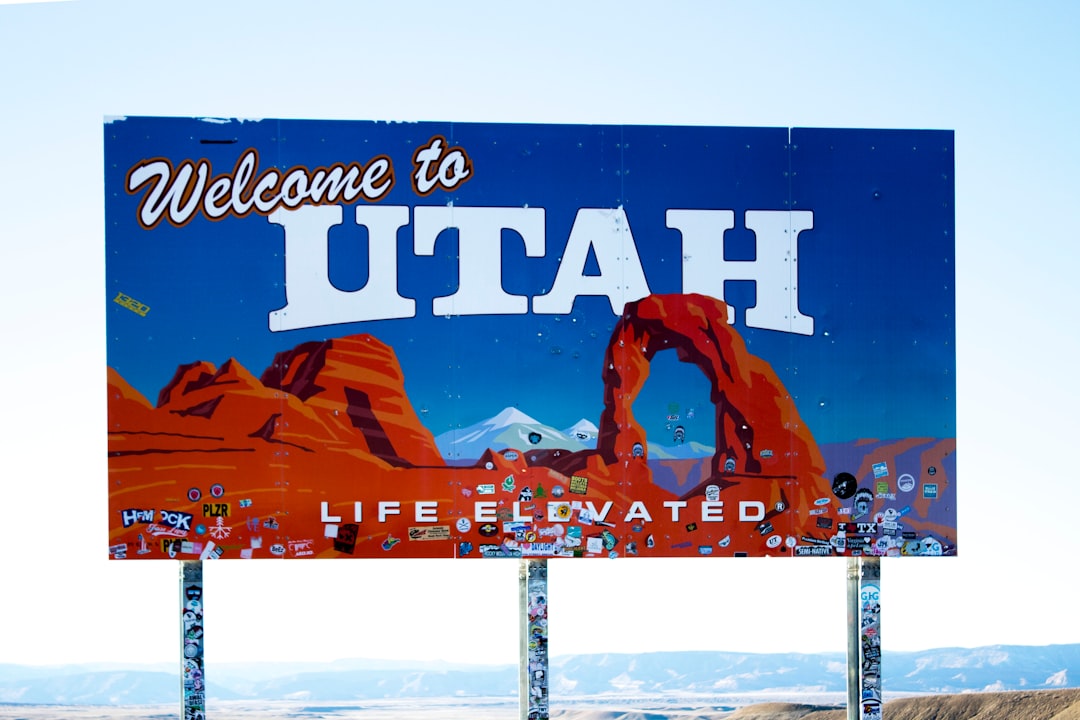Utah's stringent "Do Not Call" laws and telemarketing regulations, enforced by specialized lawyers, protect residents from deceptive sales practices, especially in the digital age. Consumers can register on the state's list, while businesses must adhere to strict rules regarding contact timing, consent, and information disclosure. Lawyers ensure these guidelines are followed, promoting a fair and transparent marketplace by obtaining explicit consent, implementing robust caller ID practices, maintaining detailed call records, and respecting consumer preferences. Non-compliance carries penalties, safeguarding citizens from unwanted telemarketing, including legal services offers. Businesses should adopt multi-layered strategies, educating callers and recipients about scams, implementing clear policies against deceptive tactics, training employees on emerging fraud trends, using robust verification systems, and monitoring call records to maintain a trustworthy environment.
In Utah, adhering to telemarketing guidelines is crucial to avoid fraud. This article guides you through understanding the state’s laws and regulations, particularly focusing on the implications of the ‘Do Not Call’ list for legal professionals. We explore effective strategies to prevent and manage fraud in telemarketing practices, ensuring compliance and client protection. By implementing these measures, Utah’s businesses and lawyers can navigate sales calls ethically, safeguarding against deceptive tactics and fostering trust with consumers.
Understanding Utah's Telemarketing Laws and Regulations

Utah has established clear laws and regulations regarding telemarketing practices, aiming to protect residents from deceptive or aggressive sales tactics. These rules are particularly important given the increasing prevalence of telemarketing calls and messages in today’s digital era. Understanding these guidelines is crucial for businesses and consumers alike, especially when it comes to avoiding fraud.
One key aspect is recognizing that Utah has implemented a “Do Not Call” registry, similar to national do-not-call lists. Consumers can register their phone numbers with this list, opting out of unsolicited sales calls. Additionally, the state has specific rules for telemarketers, including restrictions on when and how they can contact residents, requirements for obtaining prior consent, and strict guidelines on disclosure of information. Do Not Call Lawyers Utah play a vital role in ensuring these regulations are adhered to, helping to maintain a fair and transparent marketplace for all.
What Does Do Not Call Mean for Lawyers in Utah?

In Utah, the “Do Not Call” list is a powerful tool for lawyers to ensure they respect consumer privacy and avoid fraud. It’s a registry where individuals can opt-out of receiving unsolicited telemarketing calls, including legal services or advice offers. Lawyers who fail to comply with these guidelines risk not only frustrating potential clients but also facing penalties.
For Utah lawyers, “Do Not Call” means understanding and adhering to the state’s regulations. It requires them to obtain explicit consent before contacting individuals on the list for business purposes. Compliance involves implementing effective caller ID practices, maintaining accurate records of calls, and respecting consumer choices to avoid unwanted communication.
Strategies to Prevent and Handle Fraud in Telemarketing Practices

To prevent and handle fraud in telemarketing practices, it’s crucial to implement robust strategies that protect both businesses and consumers. One effective approach is to educate callers and recipients about common scams, such as those involving Do Not Call lawyers Utah, so everyone can recognize suspicious activities. Companies should also establish clear policies prohibiting any deceptive or aggressive sales tactics, ensuring all interactions are transparent and honest. Regular training sessions for employees can help them stay updated on emerging fraud trends and the latest legal guidelines related to telemarketing in Utah.
Additionally, implementing a robust verification system is vital. This includes verifying customer information and consent before initiating calls and ensuring that all marketing materials accurately represent the services offered. Businesses should also monitor call records and promptly investigate any unusual patterns or high rates of consumer complaints. By fostering a culture of ethical telemarketing practices, companies can build trust with their customers and contribute to a safer business environment in Utah.






